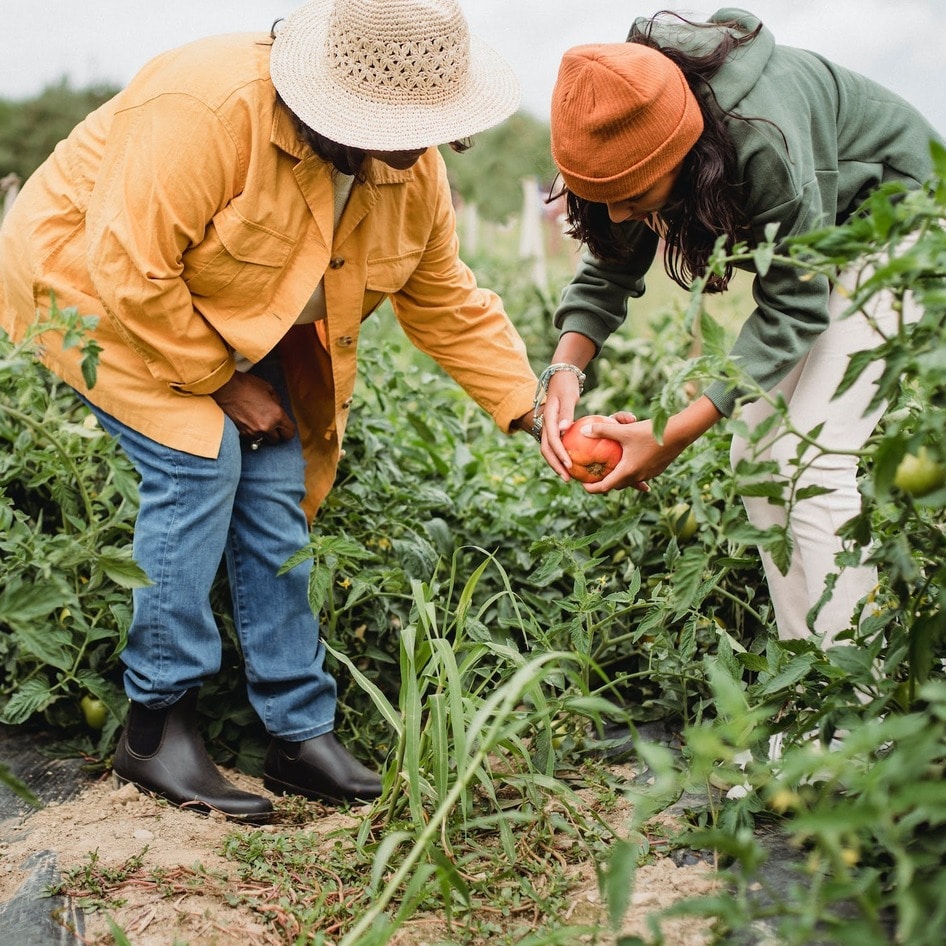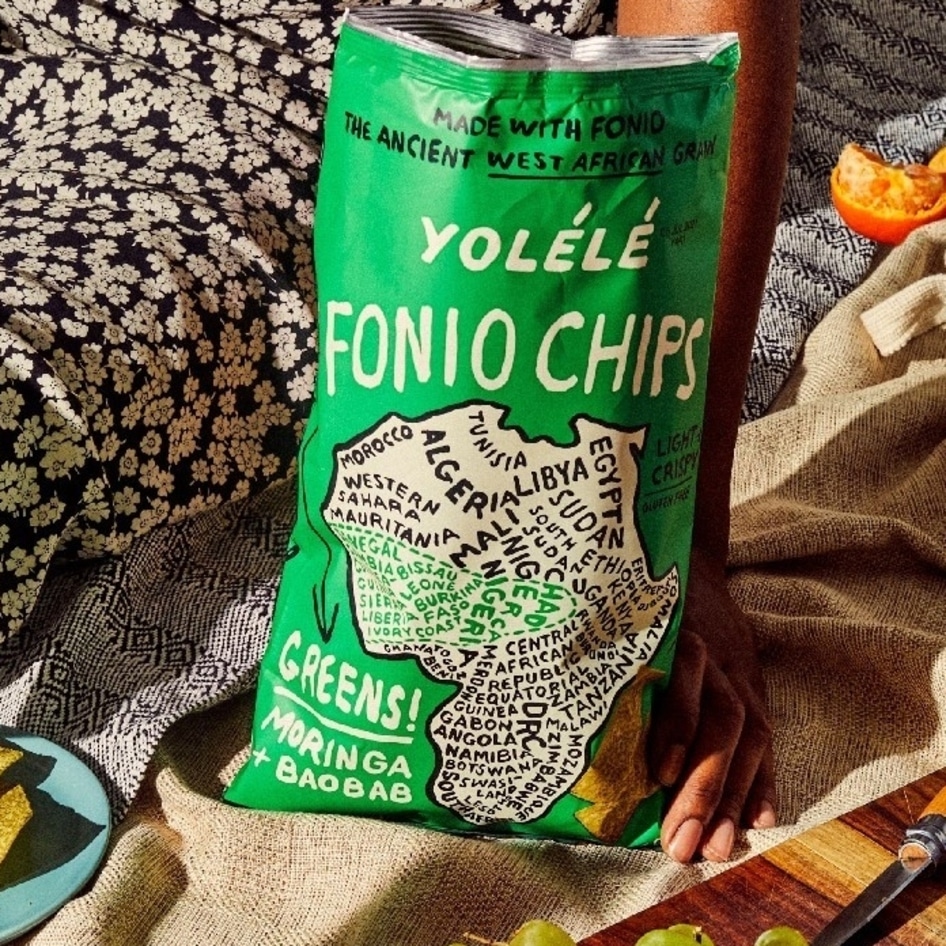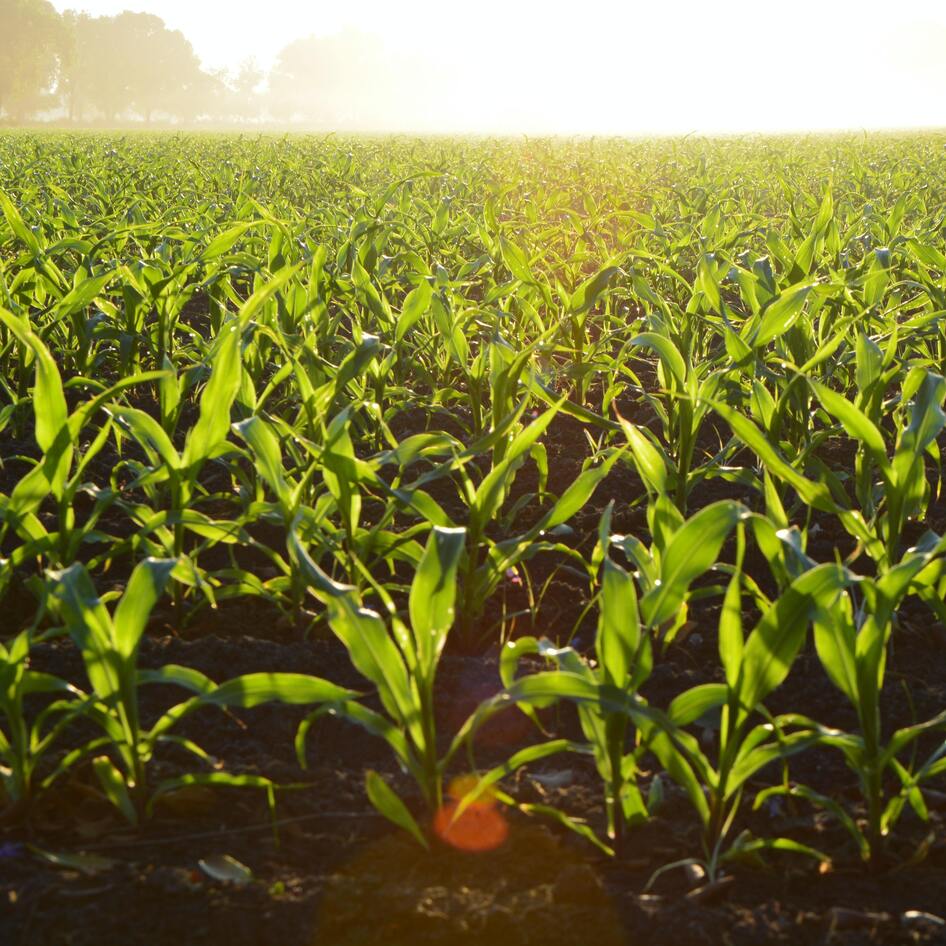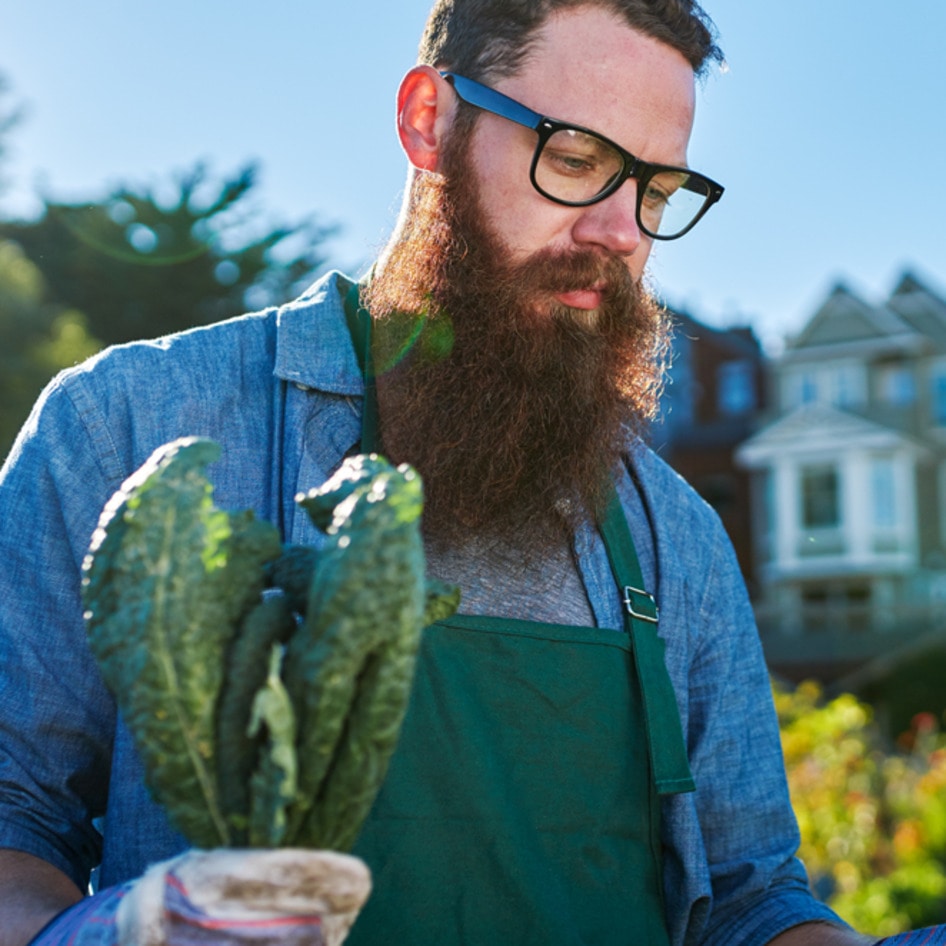6 Reasons Why Organic Isn’t the Answer
Diseases decrease, methane gas is lowered, and communities flourish when farmers switch to veganic methods.
October 12, 2017
By now, most people know that fruit, vegetables, legumes, and grains are the basis of a healthy diet, but what many don’t realize is that not all produce is created equal. Industrial agriculture increases the need for water and fertilizers, and makes crops vulnerable to weeds, insect infestations, and disease. Furthermore, pesticides, herbicides, fungicides, and synthetic fertilizers require fossil fuels to create and transport, which contributes to greenhouse gases and climate change. And while many tout the benefits of organic farming, this is not the answer, as organic farming depends on fertilizers consisting of large quantities of animal products such as manure, blood, bone meal, and ground fish. Crops grown veganically, however, use no animal or chemical products and require less water, land, and other resources. For centuries, veganic farmers have produced the best food possible while causing the least harm to animals, insects, and ecosystems. With veganic farming a growing trend, it’s important to understand why this method is so vital to our survival, so here are five things you need to know.
1. Industrialized agriculture: fail
The synthetic fertilizers, pesticides, herbicides, and fungicides necessary for conventional agriculture cause egregious damage to wildlife and pollinators, which are essential for growing crops and maintaining ecosystems. During the past decade, the honeybee population, for example, has decreased by 30 percent, which reduces crop yields and may threaten our survival on Earth. Furthermore, traditional agriculture’s enormous use of land is largely to blame for soil erosion and desertification worldwide, as well as a loss of wildlife, destroying more than 50 percent of natural habitats and threatening an estimated 4,000 plant and animal species.
2. Organic is better, but …
Organic crops are often heralded as better for the environment because they’re grown without chemical fertilizers, pesticides, fungicides, or herbicides, and are more drought-tolerant than crops grown using industrialized methods. But even organic farms that use waste from their animals do not produce enough fertilizer to grow their crops and must rely on products from factory farms. In fact, a total shift to organic farming would require more animals than the 60 billion land animals already bred, confined, and slaughtered every year.
3. Something old is something new
Though the term “veganic” is relatively new as applied to raising crops, the methods are not. Pre-colonial agriculture in North America and Mesoamerica did not rely on domesticated animals, as cattle, pigs, goats, and chickens were brought to the Americas by European colonialists. Native American agriculture relies on the three sister crops—corn, beans, and squash—that synergistically keep the soil fertile, discourage predators, and complement each other nutritionally. Veganic farming was also practiced in ancient India, Japan, China, and Greece.
4. Disease deterrents
If chemicals and animal products are not used to grow crops, the possibility for disease decreases exponentially. When they’re used, the majority of manure and other animal products used in organic agriculture from factory farms have been known to contain antibiotics, pesticides, and hormones that have bio-accumulated in the animals. An estimated 74 percent of antibiotics are given to livestock, which has caused the development of drug-resistant superbugs. In addition, pesticides have been linked to asthma, autism, birth defects, Parkinson’s disease, Alzheimer’s, and cancer, while four of the top five food pathogen hospitalizations (E.coli and salmonella, for example) originate in animal agriculture.
5. A sustainable future
Though animal-based organic farming is more sustainable than conventional agriculture, animal-based fertilizers are not as efficient, effective, or ecologically sound as plant-based fertilizers. Manure contains more phosphorous than is necessary, which pollutes soil and water, while the production of animal fertilizers releases more methane than the production of plant fertilizers. And, at least four times more land is required to produce animal-based fertilizers as compared to produce veganic compost, and growing crops veganically requires only about 1/10th the amount of water.
6. The time is now
Veganic farming is exploding globally, and it’s time to get involved on a local level. Wild Earth Farm and Sanctuary in Irvine, KY offers a 12-day intensive course in veganic permaculture annually, and last year San Francisco’s Millahcayotl/Seed the Commons organized the first annual People’s Harvest Forum, which brought together veganic farmers and food-justice activists to discuss how to build a better food system for human and non-human animals alike. A great way to support your local veganic farm is to subscribe to its Community Supported Agriculture (CSA). By joining a CSA, you become part of a network of individuals who support the farm, sharing the risks and receiving a box of produce on a regular basis.
Isabella La Rocca is an artist, educator, and activist based in Berkeley, CA.
JUMP TO ... Latest News | Recipes | Guides | Health | Shop







